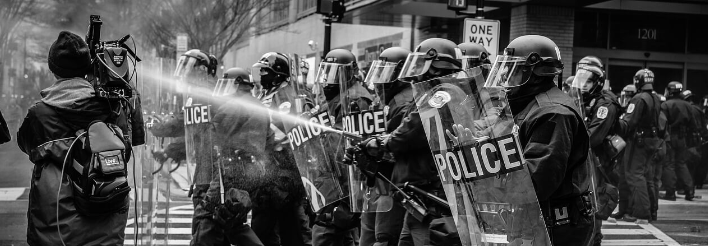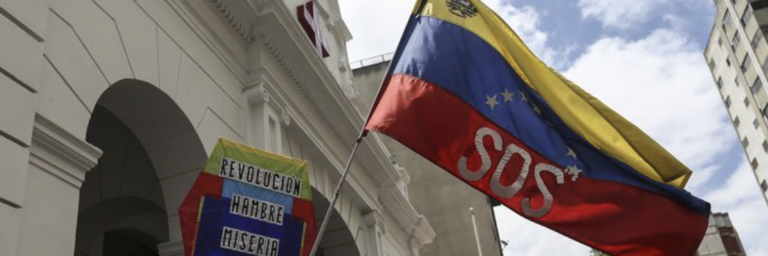Image from BBC
Transitional justice refers to the process of addressing past human rights abuses in order to achieve accountability, reconciliation, and ultimately, a peaceful transition to democracy. It encompasses a range of mechanisms, including trials, truth commissions, reparations, and institutional reforms. In this article, we will explore the importance of transitional justice in holding perpetrators accountable for human rights violations, with a focus on the British context.
The Need for Accountability
Accountability is a fundamental principle of transitional justice, as it seeks to ensure that those responsible for human rights violations are held to account for their actions. Without accountability, there can be no justice, no reconciliation, and no lasting peace. In the British context, accountability for human rights violations is crucial in addressing historical injustices, such as colonialism, slavery, and discrimination against minority groups.
Examples of Transitional Justice Mechanisms
In the UK, various transitional justice mechanisms have been employed to address past human rights violations. One notable example is the establishment of the Independent Inquiry into Child Sexual Abuse (IICSA), which aims to investigate institutional failures to protect children from sexual abuse. Another example is the Hillsborough Inquiry, which sought to uncover the truth about the 1989 Hillsborough disaster, where 96 football fans were killed due to police negligence.
Case Study: The Bloody Sunday Inquiry
One of the most significant transitional justice processes in the UK was the Bloody Sunday Inquiry, which investigated the killing of 14 civil rights protesters by British soldiers in Northern Ireland in 1972. The inquiry concluded that the killings were unjustified and that the soldiers involved should be held accountable for their actions. This process was essential in addressing the legacy of violence and mistrust in Northern Ireland.
The Impact of Transitional Justice
Transitional justice has a profound impact on societies recovering from human rights violations. It helps to restore the rule of law, rebuild trust in institutions, and promote reconciliation among divided communities. By holding perpetrators accountable for their actions, transitional justice sends a powerful message that human rights abuses will not be tolerated.
Key Takeaways
- Transitional justice is essential for achieving accountability for human rights violations.
- Various mechanisms, such as trials and truth commissions, can be used to address past injustices.
- Case studies like the Bloody Sunday Inquiry demonstrate the importance of transitional justice in the UK.
- Transitional justice has a positive impact on societies by promoting reconciliation and restoring the rule of law.
Conclusion
In conclusion, transitional justice plays a vital role in holding perpetrators accountable for human rights violations and promoting reconciliation in post-conflict societies. In the British context, mechanisms such as inquiries and trials have been instrumental in addressing historical injustices and rebuilding trust in institutions. By continuing to prioritize accountability and justice, the UK can move towards a more inclusive and peaceful society for all its citizens.































+ There are no comments
Add yours